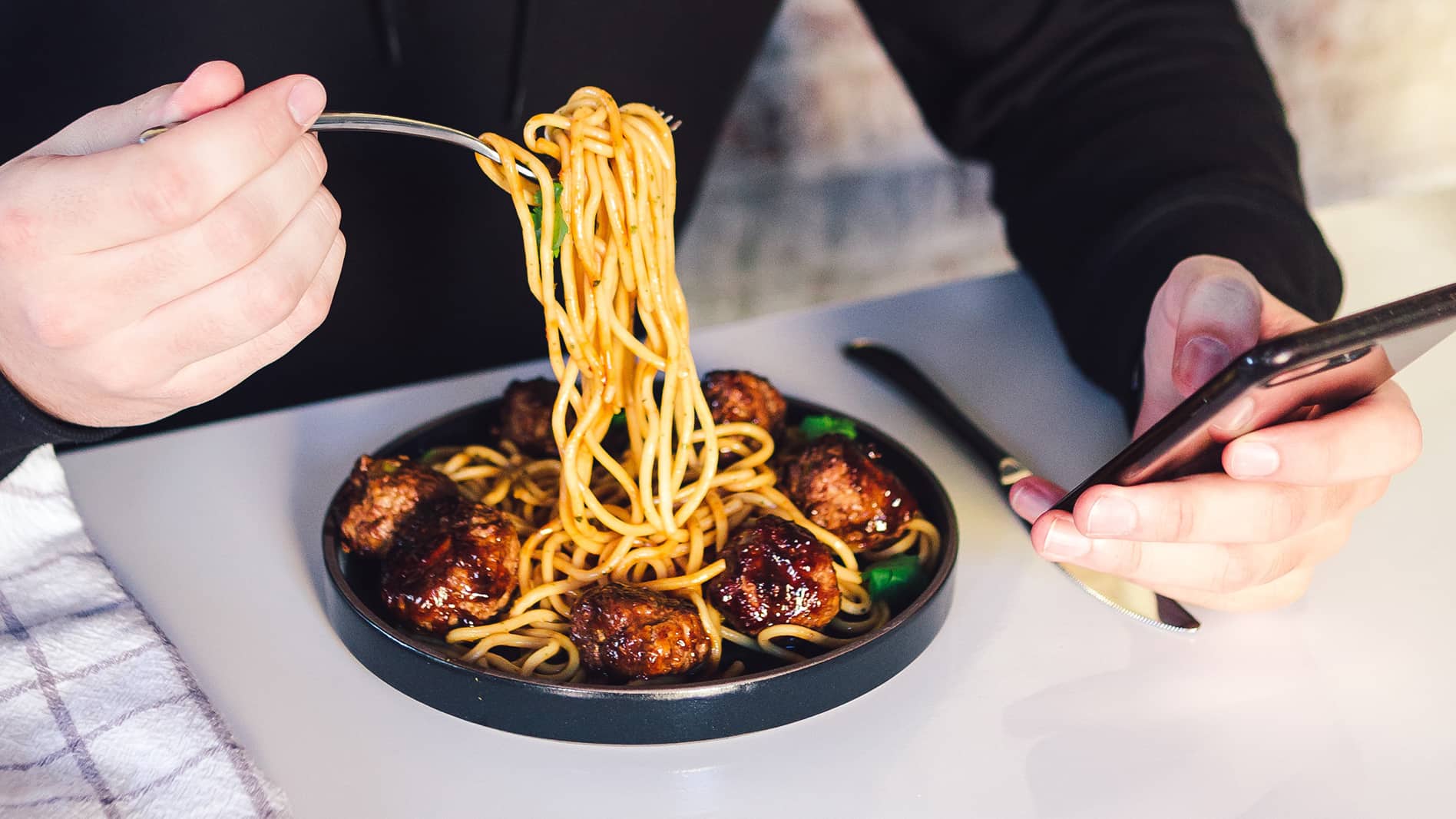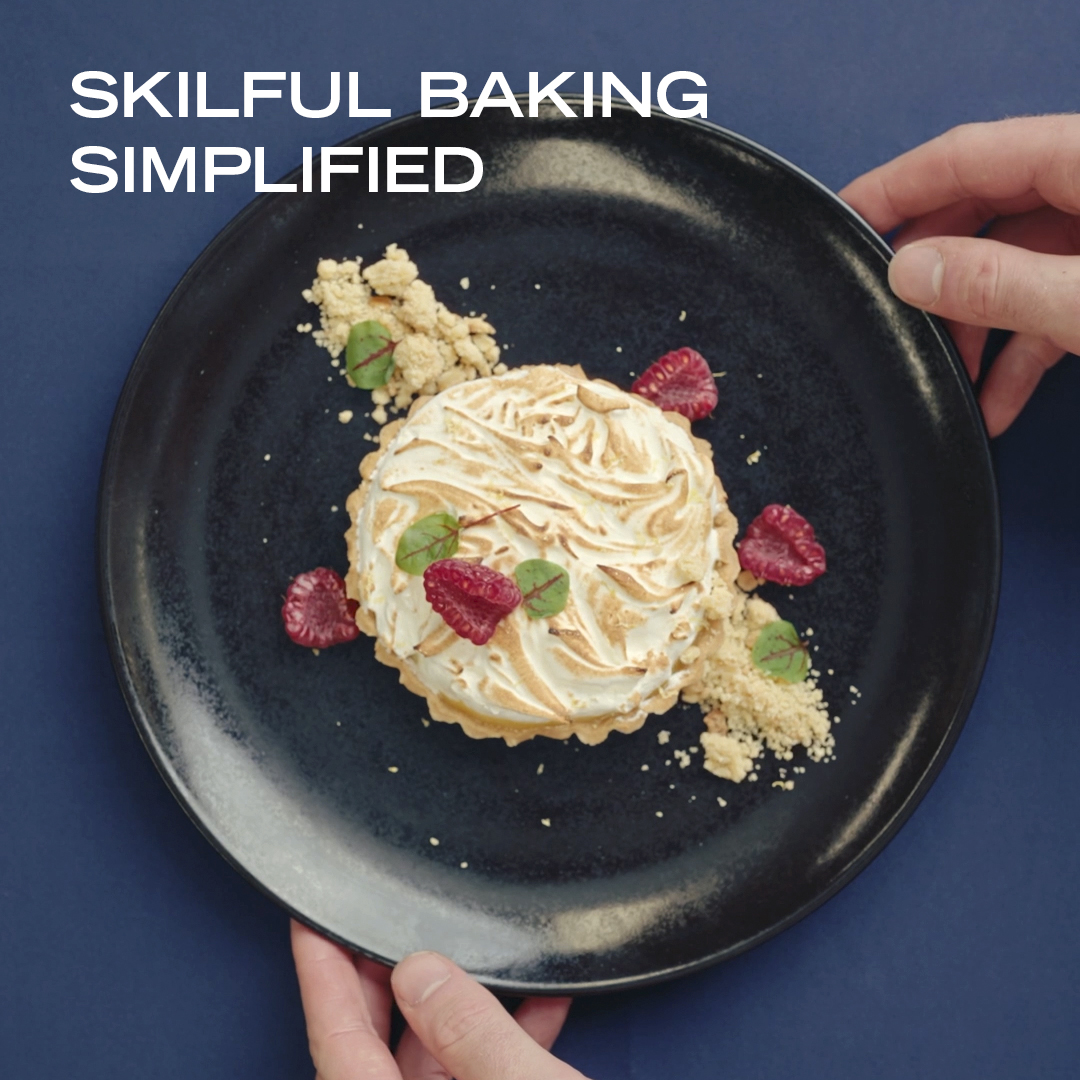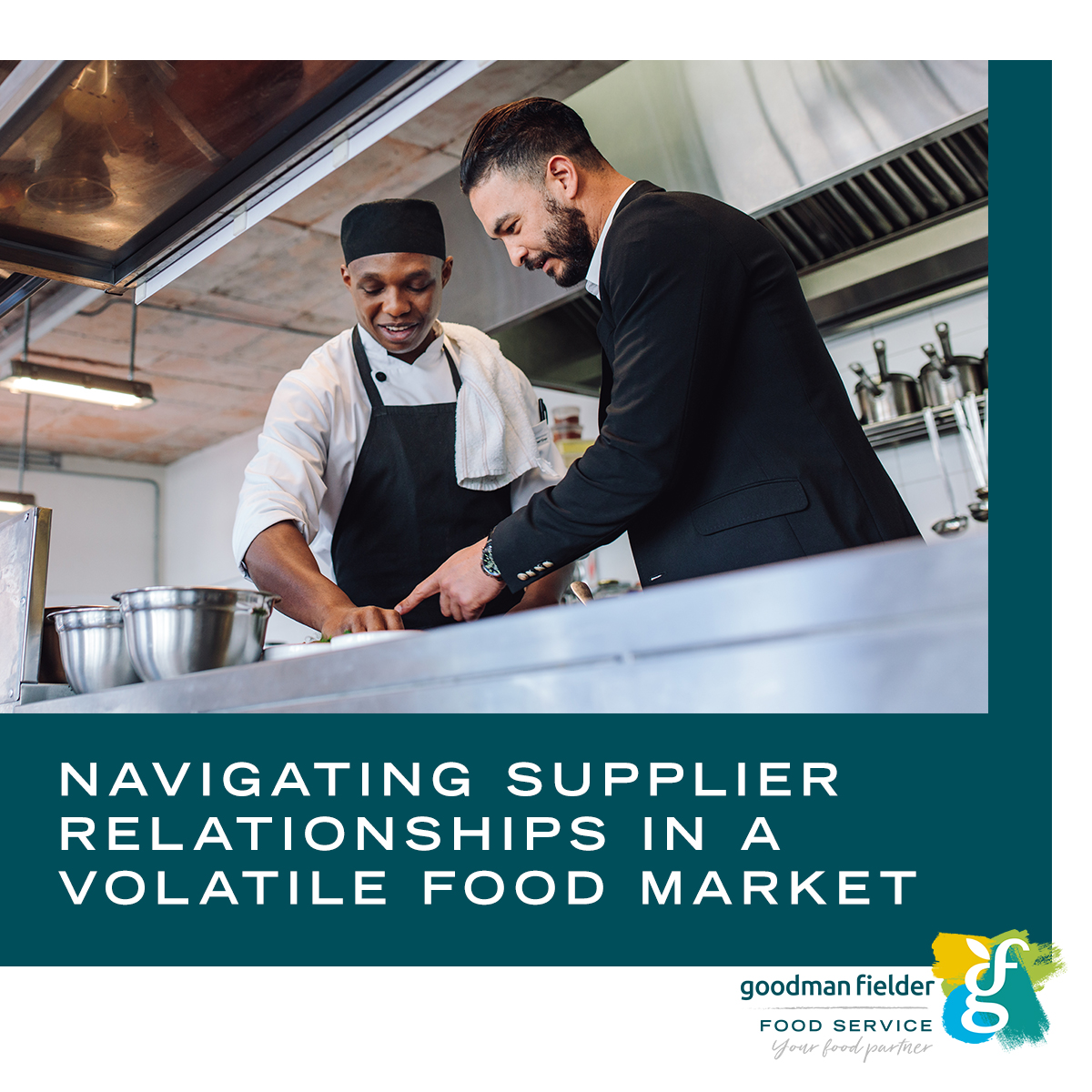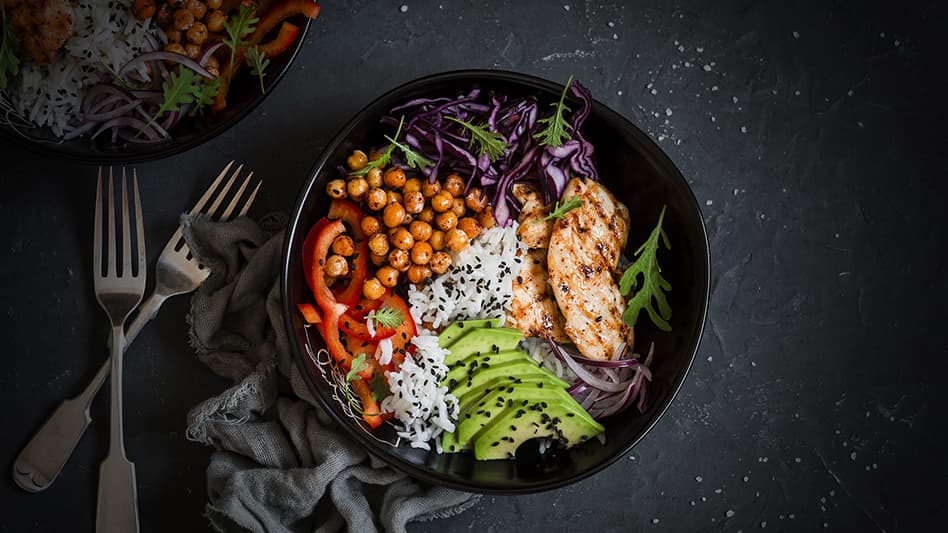Be inspired with recipes created by chefs.
Sign up for updates about products, special offers, news and promotional materials from Goodman Fielder.

Summary
Have you noticed more of your customers are dining at your venue on their own? Well, here’s why.
The thought of heading out and grabbing a bite to eat alone at a restaurant was once a taboo scenario. The looks of sympathy and utter surprise, you would receive for sitting at a table for four all alone, while those around you engaged in long, cheerful conversations would haunt you.
Fast forward five years and spending time alone in a restaurant is no longer frowned upon. In fact, it is encouraged thanks to the new (and unique) solo dining trend.
Everything you need to know about solo dining is in its name. It’s simply when one person eats and drinks at a venue by themselves – or in most circumstances with their phone or laptop.
Therefore, if you’ve been thinking that you’ve been serving more single diners than groups lately, you have. In fact, solo dining now owns a 40% traffic share within Australia’s food service industry, according to NPD Group.
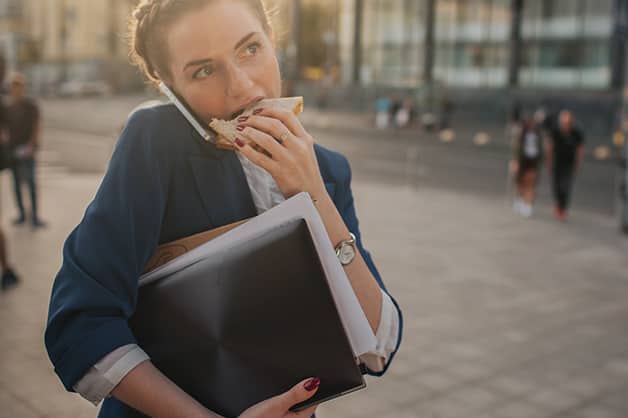
And according to restaurant booking platform, TheFork (formally known as Dimmi), there’s also been a 27% rise in solo reservations. Over the last three years, the dine alone model has also provided growth to the Australian hospitality sector.
So, what or who’s to blame for this movement of choosing to eat out alone instead of with family and friends? It comes down to the “rise in single households” according to NPD Group’s deputy managing director of the Asia-Pacific region, Gimantha Jayasinghe.
The executive explained that the latest Census showcased a growth in “single households to almost one in four, so all signs are pointing to the ease of eating out alone.” The ease of convenience and customer’s addiction to being busy has also contributed to the trend.
According to research, Australians work 3.2 billion hours unpaid overtime every year, while 3.8 million workers admit they don’t usually take a lunch break. So, it is no wonder that the NPD found that in the last 12 months, there’s been a blur between dedicated mealtimes, with consumers eating at times outside of the breakfast, lunch, and dinner slots.
How can your venue cater to the rise of solo diners?

While the stats show there is a clear increase in solo diners across Australia, some venues may see the movement as a negative for the industry. With some outlets concerned solo diners will lower profitability and income due to small bills, others are welcoming the trend.
Firedoor in Sydney is one of the few venues who have jumped on board the solo dining trend and made alterations to their venue to ensure customers feel welcome. From having improved seating arrangement and menus, to allowing guests the opportunity to dine with a gold fish, Ember. The venue has done the lot.
When Ember was first introduced to diners, there were many raised eyebrows and questions as to her purpose. But since finding her place on the table, she has become a sensation and a conversationalist amongst solo diners at Firedoor.
“Nowadays, we get so many single diners, but there’s only one fish,” owner-chef Lennox Hastie told Good Food. “Sometimes we’ll put the fish [Ember] between them and that often sparks conversation between the two diners.”
Along with providing customers with an experience, ensuring you are not over catering for them and wasting food is just as important. Having the option of small serving plates for solo guests is crucial when it comes to reducing wastage in your venue.
Tasting menus are perfect for guests as it gives them a selection of small plates to choose from, allowing them to still enjoy the full dining experience. While menu and portion size development may need to be reviewed to fit to the trend, so does a venue’s layout and in some circumstance, its atmosphere.
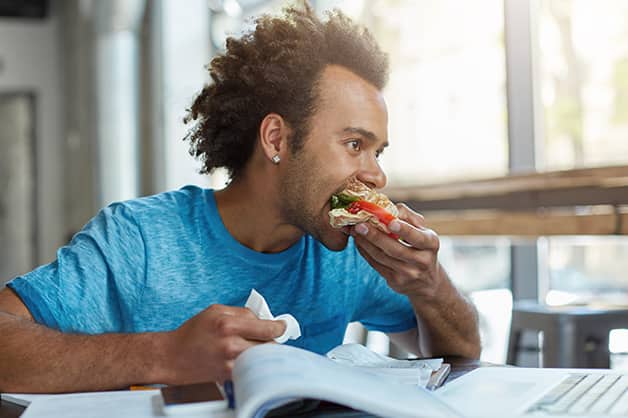
“Venues have traditionally been build towards catering for larger groups,” Caffe Bartolo owner Jared Merlino told The Age. “Whereas now, there’s a lot of emphasis on intimacy and atmosphere. It comes down to music, the layout of the venue, the size of the tables, the service – helping people feel comfortable,” he continued.
As a starting point, the use of smaller tables and warm music can help diners enjoy a meal on their own. Create a communal seating option where single guests don’t have to eat at a table for four.
Long picnic tables or benches can also be used as a seating plan that not only caters to solo but also groups or couples. “Many restaurants are making it easier to dine alone by offering seating at the bar or overlooking the kitchen,” managing director of Dimmi, Jared Chapman told Good Food.
Offering up your venue as a workplace for solo diners can also become a contributor to more guests and flow of income. With guests staying longer to use WIFI and charging devices, the opportunity to offer them additional items; extending the average dining times and a new client base.
Despite seeing a rise in solo diners attending his venue, Chef Hastie insists venues need to stop seeing the negatives. “It’s actually a huge compliment for myself as a chef and restaurant owner when someone comes and eats on their own,” he said, explaining they are deciding to dine alone at his venue over somewhere else.
Conclusion:
So, next time you see a diner walk into your venue alone, take it as a compliment and give them the full treatment from start to finish. Whether it is sitting them closer to the kitchen to witness all the action behind the scenes, at the bar with the company of the bartender or as Firedoor does, with a little companion with a fish in a jar; each component will make them feel welcome. Because at the end of the day, every dollar counts for your business, so don’t say no to a trend that will only get bigger before slowing down.
Related Ideas
The 7 Biggest Food Trends From the Past Decade
The 2010s was a big year for food - check out some of the biggest food trends from the past decade and whether they are still relevant to your menu planning today.
